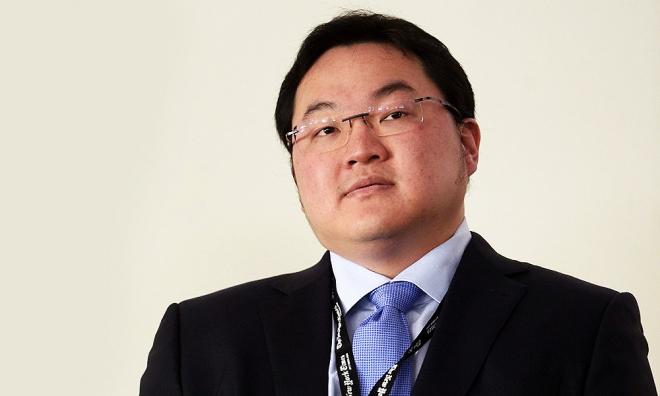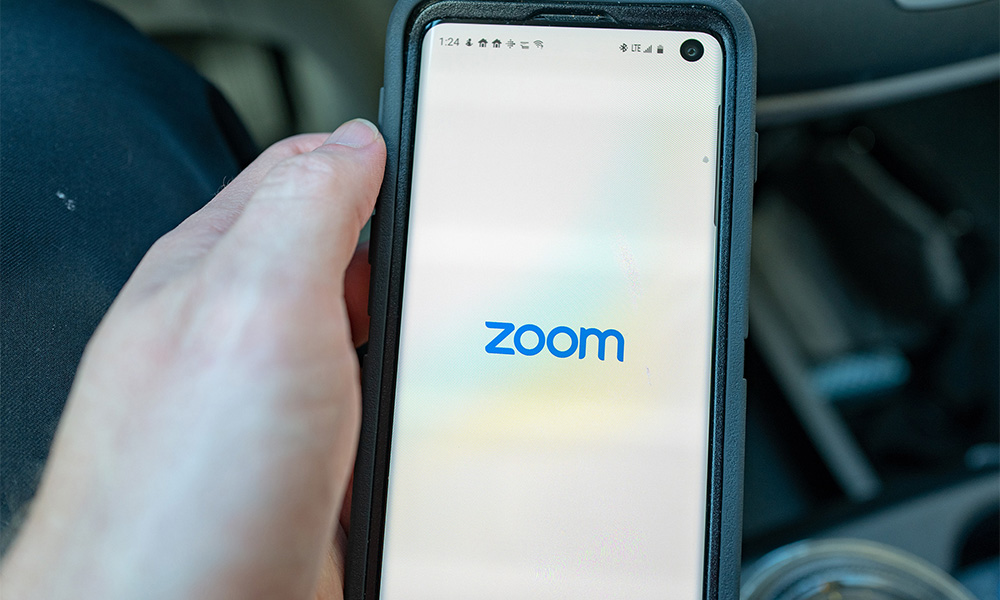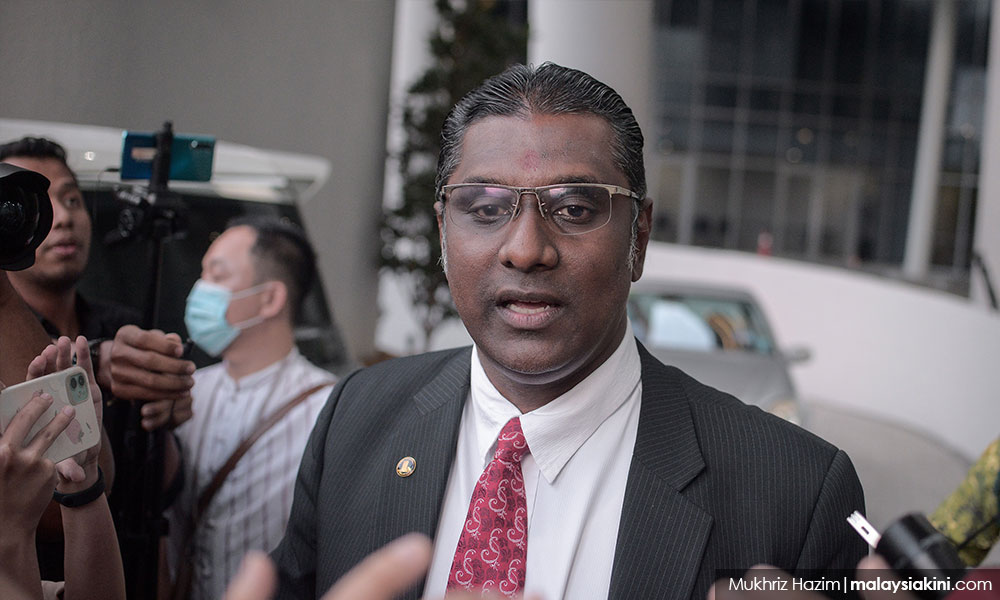
PARLIAMENT | Concerns have been raised over a bill that would allow the courts to conduct civil and criminal trials via video or television conferencing.
Some of the concerns sound like science fiction but are not impossible given current and future technology.
RSN Rayer (Harapan-Jelutong), who is a practicing lawyer, said video conferencing trials could open up the possibility that the prosecution can put up fake witnesses to give fake testimonies.
"For example, citing Covid-19 and the witness can't travel, the deputy public prosecutor can say that Jho Low has been arrested in China.
"(Then) a character who physically looks like Low can testify, and based on that testimony, Pekan (Najib Abdul Razak) can be convicted," he said, adding that remote trials should be limited to civil cases.
Low is a key figure in the 1MDB scandal and is currently a fugitive of the law believed to be in China or its territories.
Hassan Karim (Harapan-Pasir Gudang) echoed Rayer's concerns.
"For witness identification, if you use video, the image may not be clear. It may even be like in a previous case where someone said the voice sounds like them, but it's not them.
"It can be like Mission Impossible. The image is of someone else, it's not the real witness," said Hassan.
Azeez Abdul Rahim (BN-Baling), meanwhile, expressed concerns that video feeds could be susceptible to hacking.
When contacted, technology strategist Dinesh Nair said it was not impossible for teleconferencing feeds to be hacked.
He said one option would be to carry out denial-of-service attacks, which would "kill" the video feed so it can't be viewed.

"(Alternatively a hacker) can insert a fake feed, though this is harder to pull off given you'd need to get judges, lawyers, and people present to be replaced with actors or with deep-fake technology," he told Malaysiakini.
"It is possible to deepfake it, though it would take much computing resources to do it in realtime, given that court proceedings are done live," he added.
Creating 'deepfakes' for high profile individuals would be easy as reference images are readily available, Dinesh pointed out.
However, even for low profile individuals, a witness' personal images on social media can be used to create a deepfake of them.
"For a really convincing deepfake though you'd need a significant number of reference images," he explained.
Youtube content creator Corridor Crew has been using look-alike impersonators combined with digital technology to create more convincing deepfakes of popular actors.
This effect would look even more convincing on lower resolution video feeds that are used for video conferencing.
De facto law minister Takiyuddin Hassan, however, assured that witnesses who testify remotely would be under the watch of the police who would help facilitate the video conferencing.
Even if the witness is in a different country, the police of that country or Interpol can be roped in to help facilitate, he said.
The minister added that video conferencing services used by the courts, Zoom and Skype, also provide security features.
He assured that the country also has cybersecurity agencies that can assist in safeguarding remote trials.
Besides the concerns of fake witnesses, Rayer said video conferencing witnesses could also hinder the judge from evaluating a witness' demeanor.

Hanipa Maidin (Harapan-Sepang) said video conferencing trials could also open up the possibility of a case falling apart due to technicalities such as an accused being denied the opportunity to confront witnesses.
Meanwhile, on the televising of trials aspect, both Noh Omar (BN-Tanjong Karang) and Azeez expressed concerns that this could lead to a trial by media.
Additionally, Azeez said televising trials could also affect witness testimony. At present, witnesses are not allowed to sit in the public gallery while a trial is ongoing.
The bill seeks to amend Section 3 of the Courts of Judicature Act 1964 to include a new definition of “remote communication technology” and a new section, 15A, to legislate video conferencing trials.
It passed in the Dewan Rakyat tonight via voice vote. - Mkini


No comments:
Post a Comment
Note: Only a member of this blog may post a comment.